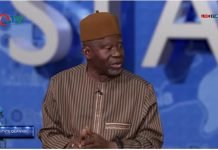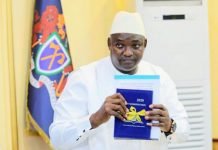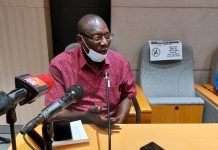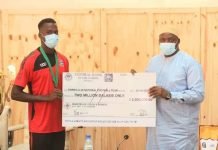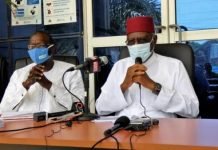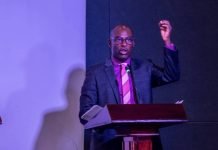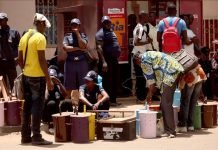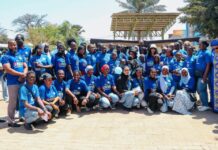By Kaddy Jawo
The Gambia is gearing up for a parliamentary election on 9th April,2022 that will see citizens vote to elect 53 legislators who will serve a five-year term.
The country’s election management body, the Independent Electoral Commission (IEC) will conduct the election following the 1997 constitution.
“We are working on the finishing touches to ensure that the election is free, fair, and transparent like the 2021 presidential election,” the Director of Communications at the IEC, Pa Makam Khan told Fact-Check Gambia in an interview.
Khan said a specific date for the nomination of candidates for the parliamentary election is not yet confirmed but it will be communicated to the public before the end of February 2022.
Who can be an MP?
Just like the presidential election, there are certain qualifications one has to attain to be able to contest in the parliamentary election.
According to the country’s 1997 constitution, a person is qualified for election to the National Assembly if he or she is a citizen of The Gambia, has attained the age of twenty-one years, and is resident in a constituency for a year before nomination day.
The person as well should be able to speak English with a degree of proficiency sufficient to enable him or her to take part in the proceedings of the National Assembly.
Another requirement stated in the constitution is for a candidate to declare his or her assets to the Independent Electoral Commission.
Disqualification of a candidate:
The 1997 constitution states that a person is NOT qualified for election as a member of the National Assembly if he or she holds the citizenship or nationality of a country other than The Gambia or is judged under any law of The Gambia to be of unsound mind.
A person under sentence of death imposed on him or her by any court cannot take part in the parliamentary election or within five years of his or her nomination for election completed serving a sentence of imprisonment for a term exceeding six months imposed on him or her by a court or substituted.
A person found guilty of abuse of office, corruption, or any offense connected with public elections by a court or anyone found by a report of a commission of inquiry to be incompetent to hold public office because of having acquired assets unlawfully or defrauded the State would also be disqualified.
Composition and electoral system:
The Gambia National Assembly consists of 58 members, 53 members are directly elected by their various constituencies. Five other members would be nominated by the President according to the 1997 constitution.
The Speaker and Deputy Speaker may only be chosen from among the presidential appointees to the National Assembly, not the elected members.
A brief history of Gambia National Assembly:
Representative politics in the Gambia began in the 1840s. The first official representative arm was called the Legislative Council and was established in 1943
In 1942 however, the provision of having representatives from both Muslim and Christian communities in then Bathurst (Banjul) was created.
It was not until 1947 that the first elections of the Legislative Council were held. The 1947 Constitution provided for elections for Bathurst and Kombos only and Edward Francis Small became the first Gambian to be elected Member of the Legislative Council.
The name Legislative Council was changed in 1962 to the House of Representatives, and in 1970, the name changed to Parliament.
The name ‘National Assembly’ and National Assembly Members was used in 1997.
